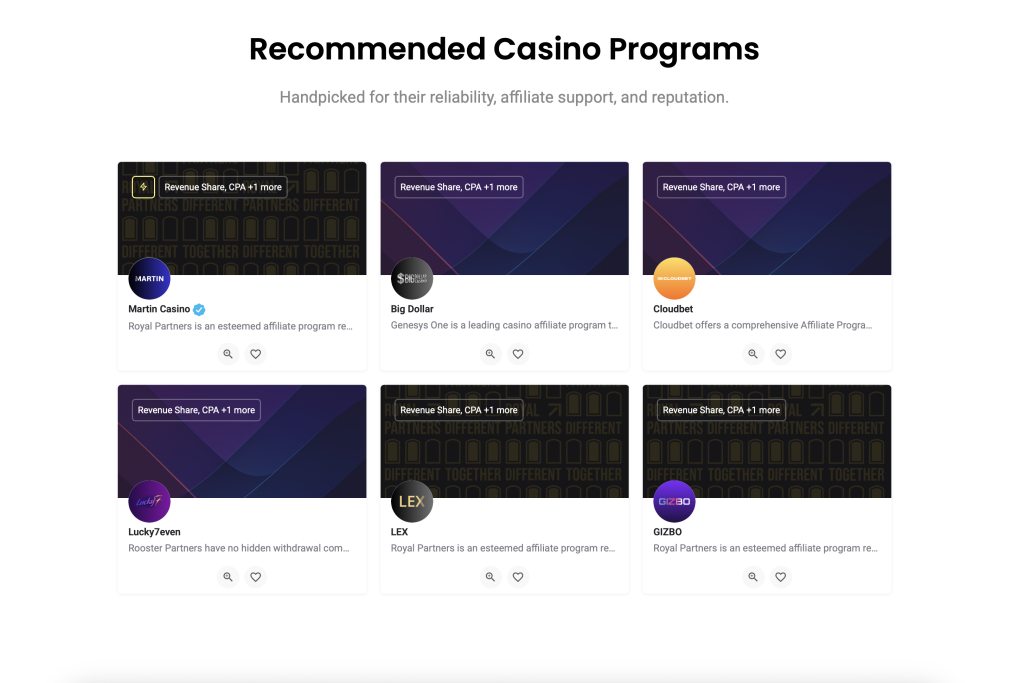The Blockchain Bet: Harnessing Its Power in iGaming

Blockchain technology, the backbone of cryptocurrencies, is making waves beyond just finance. One such industry where its impact is palpable is iGaming. As with any technological advancement, while blockchain offers numerous opportunities, it also presents certain challenges. Let’s explore both sides of this digital coin.
Opportunities Leveraging Blockchain in iGaming:
- Transparency and Fair Play: At its core, blockchain provides a transparent and immutable ledger. This means every transaction or action in a game can be recorded and verified. This transparency can significantly enhance player trust, ensuring that the games are fair and not manipulated.
- Secure Transactions: Blockchain-based transactions are encrypted and secure, providing an additional layer of security compared to traditional methods. This can be especially valuable in iGaming, where large sums might be transacted frequently.
- Global and Instant Payments: With cryptocurrencies, players from any part of the world can participate without worrying about currency conversion rates or bank-related delays. Payouts can be almost instantaneous.
- Lower Transaction Costs: Traditional banking systems and e-wallets often charge fees. Transactions on the blockchain can be more cost-effective, which is beneficial for both operators and players.
- Smart Contracts: These self-executing contracts have the terms of the agreement directly written into code. In iGaming, this could mean automated, fair, and transparent distribution of winnings or bonuses.
- Anonymity and Privacy: Cryptocurrencies can offer a degree of anonymity, which might be attractive to players who prioritize their online privacy.
Challenges with Blockchain in iGaming:
- Regulatory Hurdles: The iGaming industry is heavily regulated, and introducing a relatively new technology like blockchain means navigating a complex web of legalities. Regulations around cryptocurrency use in gaming are still in their infancy in many jurisdictions.
- Volatility of Cryptocurrencies: Cryptocurrencies can be highly volatile. A significant dip in a coin’s value can mean considerable losses for both the player and the platform.
- Adoption Barriers: Not everyone is familiar with or trusts blockchain and cryptocurrencies. Educating users and encouraging adoption can be a challenge.
- Technical Challenges: Implementing blockchain in existing iGaming platforms requires considerable technical expertise and resources.
- Potential Misuse: The same anonymity that’s an advantage can also be a disadvantage. There’s potential for misuse, money laundering, or other illicit activities if not properly managed.
- Integration with Traditional Systems: While a platform might be ready to adopt blockchain, integrating it seamlessly with traditional payment methods and ensuring smooth operations can be a challenging task.
Blockchain undeniably has the potential to revolutionize the iGaming industry, offering more transparent, secure, and efficient operations. However, harnessing its full potential requires careful navigation of its challenges, especially in a sector as regulated as iGaming.
As the technology matures and as more players and platforms become familiar with its intricacies, the integration of blockchain into iGaming will likely become more streamlined. For now, the industry is at the cusp of this exciting frontier, with immense potential waiting to be unlocked.
Comments
You must be logged in to leave a review.


